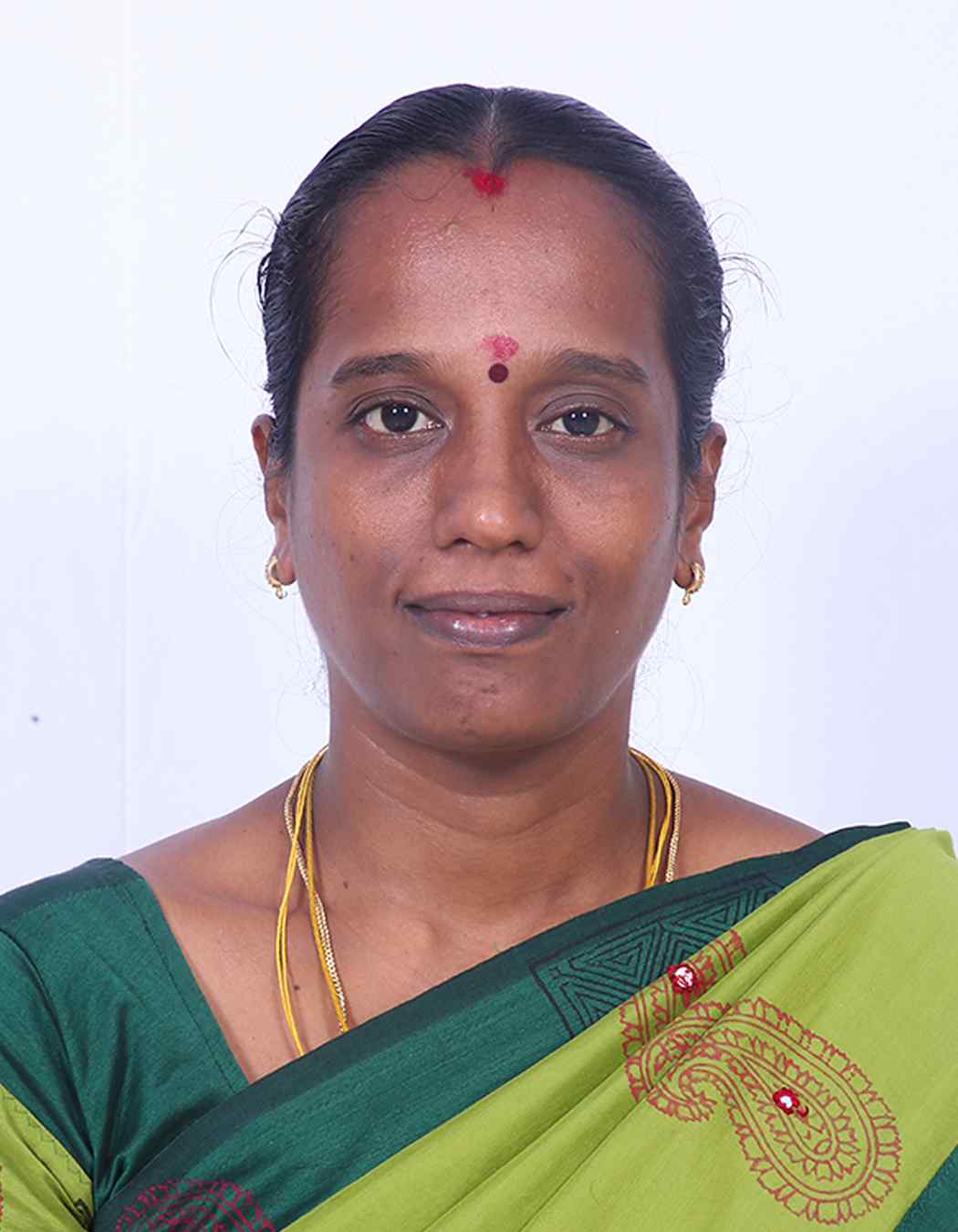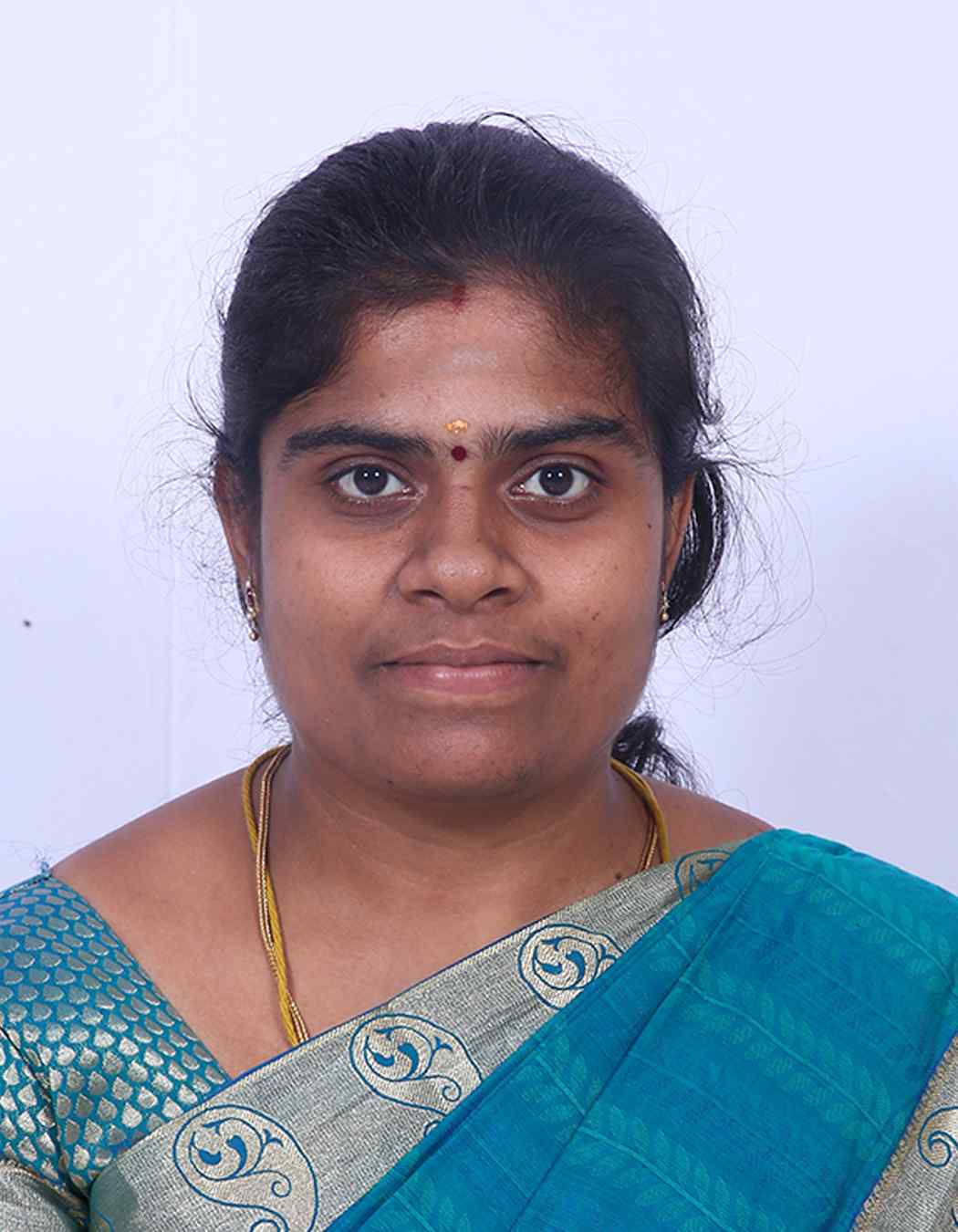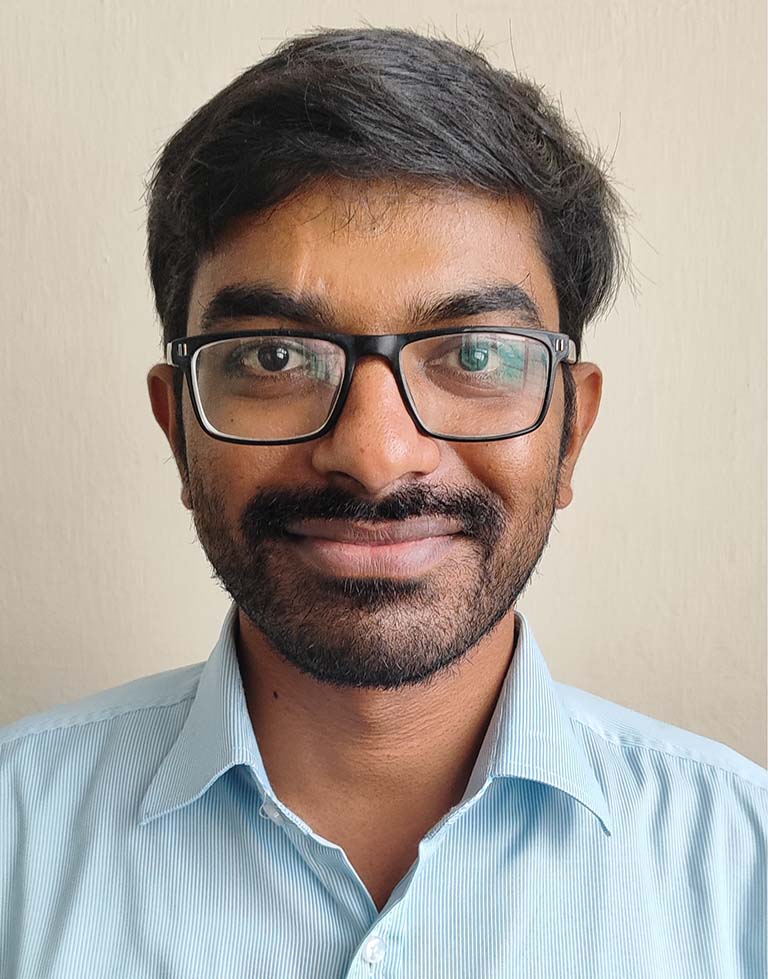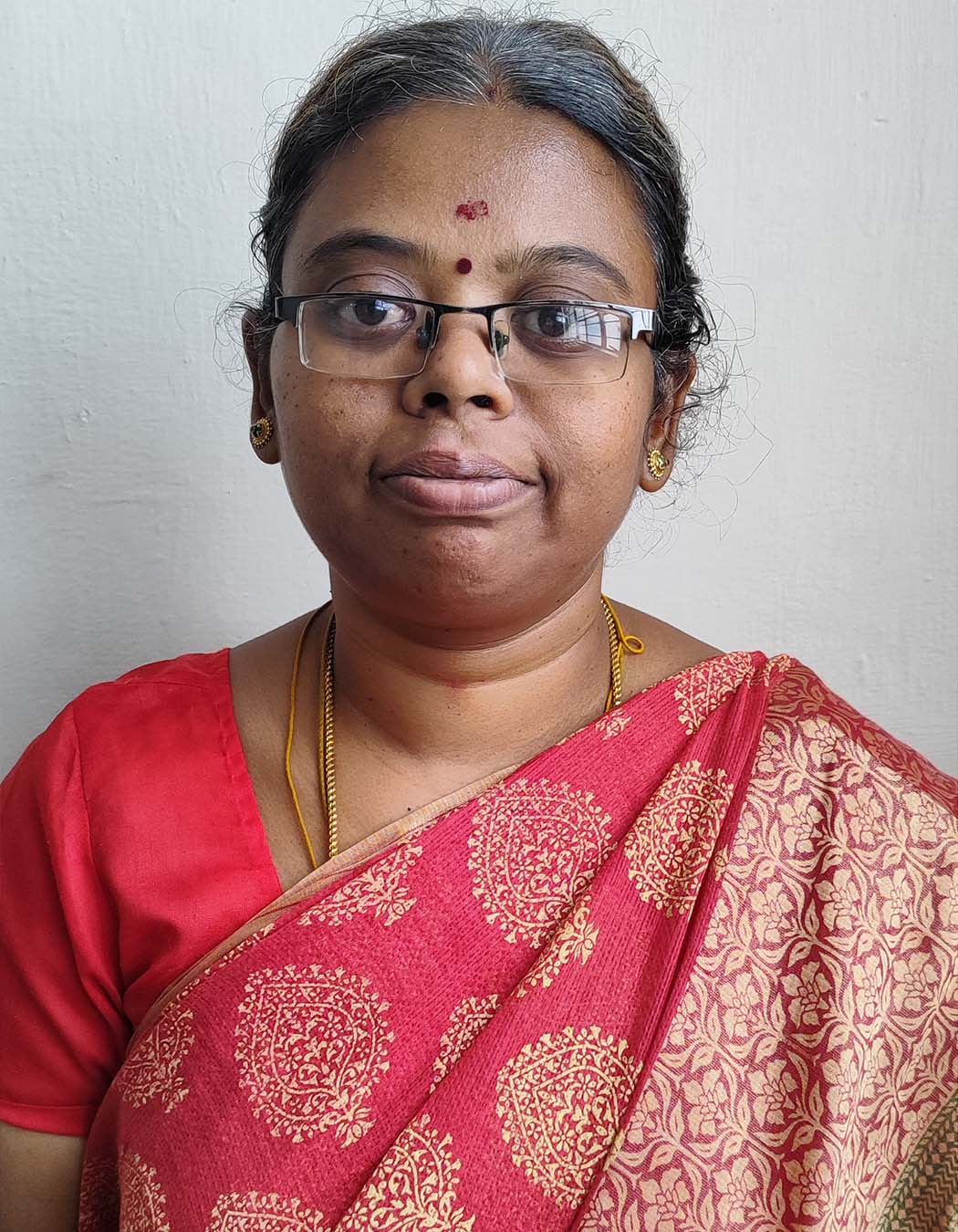
The Department of Information Technology was established in the year 2007 with the perception of promoting well-equipped and competent professionals to satisfy the demand of the industry and academia. The department provides value-laden education to enrich the students to reach their aspirations. The department also provides effective training in the contemporary domains like Cyber Security, Cloud Computing, Computer Networks, Internet of Things, and Grid Computing and so on. The departments consist of faculty members with academic and industrial experience. The main focus of the department is to concentrate on Information Technology domains and specialization-based placement opportunities for the students. It was elevated as a PG department in the year 2007 by introducing M.Sc Information Technology programme.
The vision of the Department of Information Technology is to accomplish a status of excellence by providing knowledgeable, technically strong, emotionally sound and socially responsible persons to serve the demands of the society and industry.
To provide adequate knowledge through structured Curriculum designed with the inputs of Industry, Alumni, Subject Experts and Students.
To contrive suitable training programmes for the students in the technical as well as soft & hard skills according to the expectations of industry.
To organize programmes in order to instill human values and a sense of responsibility in the minds of the students towards society.
To produce ethically and professionally responsible graduates through balanced curriculum splendid with technical concepts.
To create a learning environment which will motivate the students to have the eagerness for acquiring knowledge through lifelong learning process.
To effectively manage the content delivery of core technological services.
The students are prepared to obtain employment as an IT Professional.
To enrich the students to strengthen in technical skills, project management responsibilities and leadership roles.
To provide training for the students in software development in order to extend the solutions to solve the human problems.
To encourage the students to impart IT related activities and innovations.
Duration : 3 Years
Intake : 50 No’s
Eligibility : Passed in HSc.
Fee Structure : Tuition Fee : Rs.50000 / Year
Duration : 2 Years
Intake : 40 No’s
Eligibility : UG Degree relevant to Computer Science
Fee Structure : Tuition Fee : Rs.40000 / Year





PEO1: Graduates would be ideal IT professionals carrying out their tasks with professionalism and professional Ethics.
PEO2: Graduates would have become entrepreneurs in their own capacity.
PEO3: Graduates would be pursuing research programmes in order to contribute to the ever changing IT industry with innovative products.
PO1: Exhibit proficiency in oral and written communication.
PO2: Learn the principles and applications of various languages, processes involved ,and acquire adequate knowledge to write programmes using the above.
PO3: Acquire Technical skills such as developing softwares for various applications, Testing them and providing information security.
PO4: Acquiring adequate knowledge in interdisciplinary subjects such as Commerce, Mathematics and Statistics for enhanced applications of softwares developed.
PO5: Developing positive attitude by instilling confidence in the minds of students by suitable programs.
PO6: An ability to make the students think out of the box and solve complex problems arising in shop floor situation.
PO7: An ability to function effectively and pro actively and in teams ,to accomplish a common goal.
PO8: Carrying out the task assigned by the industries with professional ethics and at the same time with the consent for well being of the society.
PO9: Aware of one's own weaknesses and strengths, emotions and the way to control emotions to maintain good interpersonal relationships.
PO10: Undertake entrepreneurship as a desirable and feasible career option.
PO11: Realizing the responsibilities towards the society and to protect the environment, use professional knowledge for providing better living condition to the people.
PO12: Learn continuously for updating new knowledge and technologies in the field of Information Technology.
PEO1: Graduates would be ideal IT professionals carrying out their tasks with professionalism and professional Ethics.
PEO2: Graduates would have become entrepreneurs in their own capacity.
PEO3: Graduates would be pursuing research programmes in order to contribute to the ever changing IT industry with innovative products.
PO1: Demonstrate english language proficiency to an approriate level to perform effectively in the enterprise / industry / Community such as being able to comprehend and write effective reports and design documentation, make effective presentations and give and receive clear instructions.
PO2: Develop domine knowledege relevant to the industry enabling to succeed in rapidly changing working environment.
PO3: Ability to apply the knowledge of computer system design principles in building system software and hardware.
PO4: Acquiring adequate knowledge in inter disciplinary subjects such as Commerce,Mathematics and Statistics for enhanced applications of softwares developed.
PO5: Developing positive attitude by instilling confidence in the minds of students by suitable programs.
PO6: An ability to make the students think out of the box and solve complex problems arising in shop floor situation.
PO7: Work individually or as a team with responsibility to function on multidisciplinary teams.
PO8: Carrying out the task assigned by the industries with professional ethics and at the same time with the consent for well being of the society.
PO9: An ability to recognize their own strengths and weaknesses and balance their own emotions at the time of crisis
PO10: An ability to acquire entrepreneurship qualities and to take efforts to become entrepreneurs.
PO11: Extend the services of the department for the betterment of the society and environmental protection.
PO12: Recognize the need for, and have the preparation and ability to engage in independent and life-long learning in the broadest context of technological change.



